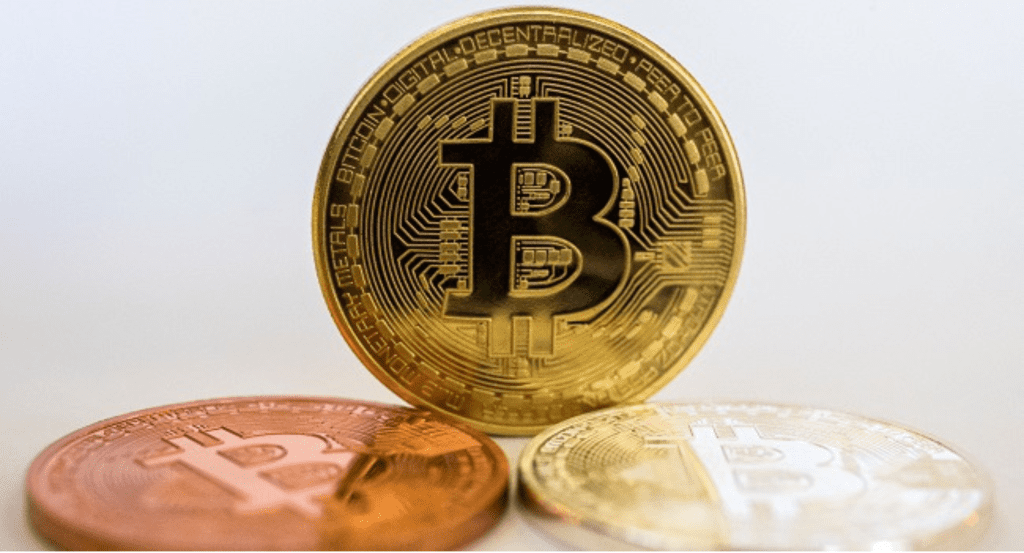Global markets have shown signs of volatility as investors respond to a combination of trade policy uncertainties and digital currency milestones. Stocks took a downward turn on Monday as renewed concerns over former U.S. President Donald Trump’s tariff policies surfaced, causing unease among investors. Trump, who has recently made statements suggesting a potential return to the White House, reiterated his stance on tariffs, sparking worries about a possible reinstatement of aggressive trade policies that could impact international markets.
At the same time, Bitcoin has surged, hitting a record high of $80,000 on November 10. The cryptocurrency’s rally was fueled by increasing institutional interest and positive sentiment in the digital asset space. This rally, which saw Bitcoin achieve an unprecedented milestone, has created a stark contrast to the more traditional stock markets, which have been buffeted by geopolitical uncertainties and tariff-related concerns.
The recent downturn in global markets reflects widespread concern that Trump’s potential re-entry into politics could lead to a reimplementation of the hardline tariff measures he introduced during his previous administration. Economists have warned that such policies could lead to increased tensions with major trade partners, including China and the European Union, and possibly disrupt the ongoing economic recovery.
This uncertainty has led to a retreat in stock values, with both U.S. and European markets experiencing a decline. The dollar, however, showed strength amidst the market pullback, as investors turned to it as a safe haven amidst rising risks. On November 11, both stocks and the dollar climbed, providing temporary relief to market participants before the latest concerns emerged, potentially sparking further instability.
In stark contrast to the stock market’s retreat, Bitcoin has continued its impressive rise, reaching a historic high of $80,000 over the weekend. This surge marks a significant milestone, underscoring the growing role of digital assets as a viable investment alternative. Analysts attribute this growth to several factors, including rising inflation fears, a weakened global economy, and an increase in institutional investments from major financial entities. Additionally, Bitcoin’s perception as “digital gold” has further solidified, with many investors turning to it as a hedge against inflation and economic uncertainties.
This recent rally in Bitcoin is part of a broader trend within the cryptocurrency market, where digital assets are increasingly seen as a safe-haven investment amid traditional market volatility. Other cryptocurrencies have also shown strong performance, although Bitcoin remains the clear leader in terms of market capitalization and investor interest.
The juxtaposition of stock market concerns and cryptocurrency growth highlights the increasingly complex environment for investors. As traditional markets face the potential impact of trade policies, cryptocurrencies like Bitcoin continue to attract attention as an alternative investment. Market analysts suggest that investors should closely monitor both traditional and digital asset markets in the coming weeks, as economic and political developments unfold.
This blend of optimism in the cryptocurrency market and uncertainty in traditional markets underscores the need for diversified portfolios, with a focus on managing risk in a landscape marked by rapid changes and unforeseen events.



























